
A mother who blended her own tea to help manage symptoms of a medically induced menopause at age 20 is now a professional tea sommelier, able to detect which region a tea is from after analysing the leaves and taking just a few sips.
Candice Mason, 43, who lives in Tring, Hertfordshire, with her husband, James, 43, and their 18-year-old daughter Lily, claims that blending medicinal plants into tea helped manage her stomach cramps caused by coming off medication for endometriosis and a medically induced menopause in 2004.
Candice, who guzzles at least five cups of tea a day, trained as a tea sommelier at the UK Tea Academy in 2020 – she became an expert in the history of tea, how it is produced, and how it is manufactured.
Controversially, to make a perfect traditional brew she recommends putting the milk in first and said supermarket versus speciality teas are the equivalent of Lambrini and champagne.
Since getting her qualification, she judges tea at the Great Taste Awards and in 2023 she launched her business, Mother Cuppa, where she blends speciality tea for women which she claims can ease symptoms of period pain, anxiety and the menopause.

Candice told PA Real Life: “(At the Great Taste Awards) you brew the tea as per the instructions – some teas will prefer to be brewed at higher temperatures or lower temperatures.
“For the tasting, we tend to use a teaspoon and slurp it, swirl it all around your mouth and then you’re usually spitting it out.
“When you’re swirling it you’re really picking up on the flavours and what you’ll find is afterwards it can sometimes leave an astringent feeling in the mouth, which is that kind of quite dry feeling.
“You want that with some but not all, then we would look at the wet leaf at the end – you should be able to roll it out properly.
“Some tea leaves are still full and unbroken, others have been manufactured and maybe chopped up a little bit, so again, that will tell you the grade quality of the tea.”
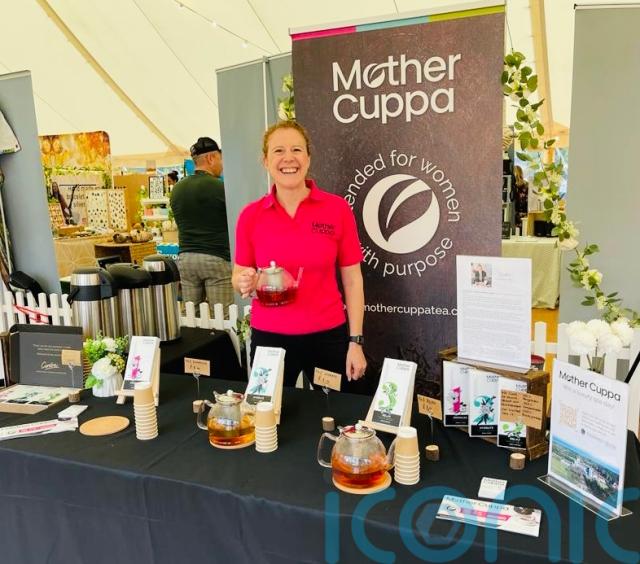
Candice first discovered her love for tea when she was diagnosed with endometriosis at age 20 and was put into a medically induced menopause to stop ovarian cyclical activity and cyclical stimulation of endometriotic deposits.
She explained: “If I go back to that phase of my life, when I was diagnosed, I was very, very poorly.
“The problem with endometriosis is it causes a lot of complications on other organs within the body, so I had to have quite a big operation.
“By the time I finished treatment I’d been on every type of medication (possible).
“I decided to come off of everything, and to just try and work out what my body felt like and look after my body in a more natural way.”
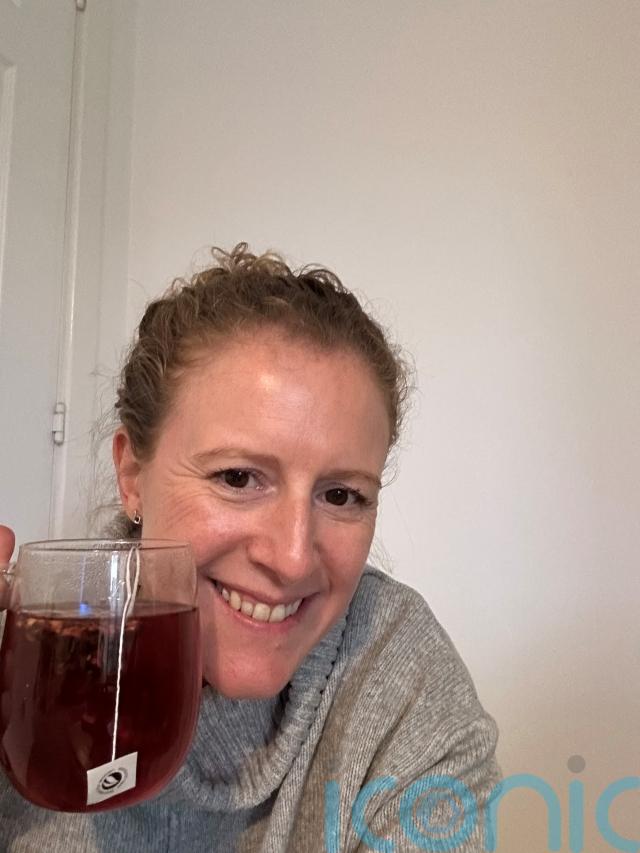
Candice introduced lifestyle changes such as making healthier food choices and exercising regularly which she said helped alleviate symptoms such as cramps, but claims that medicinal plants made the biggest difference for her.
Candice often blended ingredients such as ashwagandha, an evergreen shrub, and schisandra berry, a vine plant, into tea – and it remained her hobby for many years.
She claimed: “They are known in the medicinal field of plant-based health as adaptogen plants – an adaptogen plant literally helps your body to adapt to the stresses that it’s under and keep your body in equilibrium.
“When we think about hormone balancing, those two ingredients together are really perfect at supporting that.”
In 2020, Candice set her sights on turning her passion into a business, and wanted to learn as much as possible about the world of tea, so did a training course with the UK Tea Academy in London, to be officially qualified as a tea sommelier.
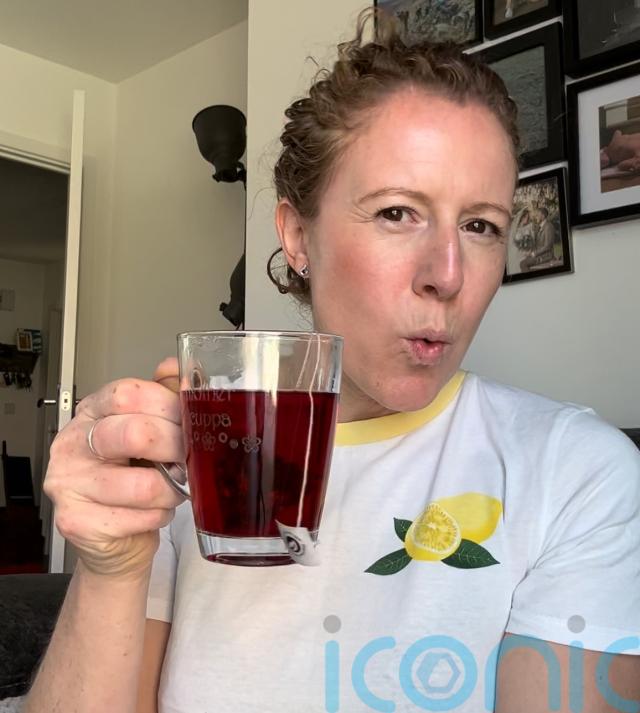
She learned about the history of tea, how it is produced, and how it is manufactured.
Candice was then able to identify where in the world the tea was from, sometimes down to the specific region, by analysing the wet and dry leaves.
Since then, she has been on a select judging panel for tea at the annual Great Taste Awards, where she and the other judges are asked to give a rating out of three.
Throughout the competition Candice and the other judges drink “hundreds and hundreds of teas” and have even had the pleasure of going to the Tetley headquarters to use their professional facilities, where they had a room dedicated to tea tasting.
She explained: “Other times they send it to our homes, and several different judges will receive the same tea and then we will make our judgements on an online system.
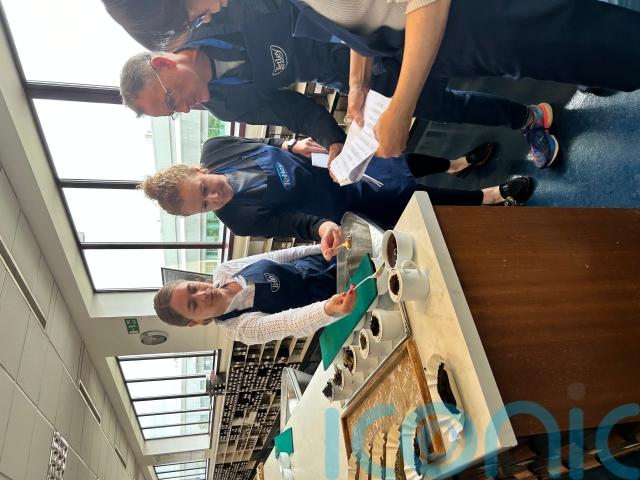
“Then we will get together and agree to judgements and go back to the tea if we don’t agree.”
On what she looks for in a good cup of tea, she said: “For me, tea should be really enjoyable and it should be really comforting.
“I’ve always looked at the ingredients from a health perspective, but you also want it to taste really yummy.
“You need a good blend of ingredients to give a good strength of flavour in a herbal tea.
“I’m the worst person to take out for afternoon tea I must say.”
For a traditional English breakfast cuppa, Candice recommends buying the best quality tea you can afford.
She explained: “It’s a bit like buying a Lambrini or champagne.
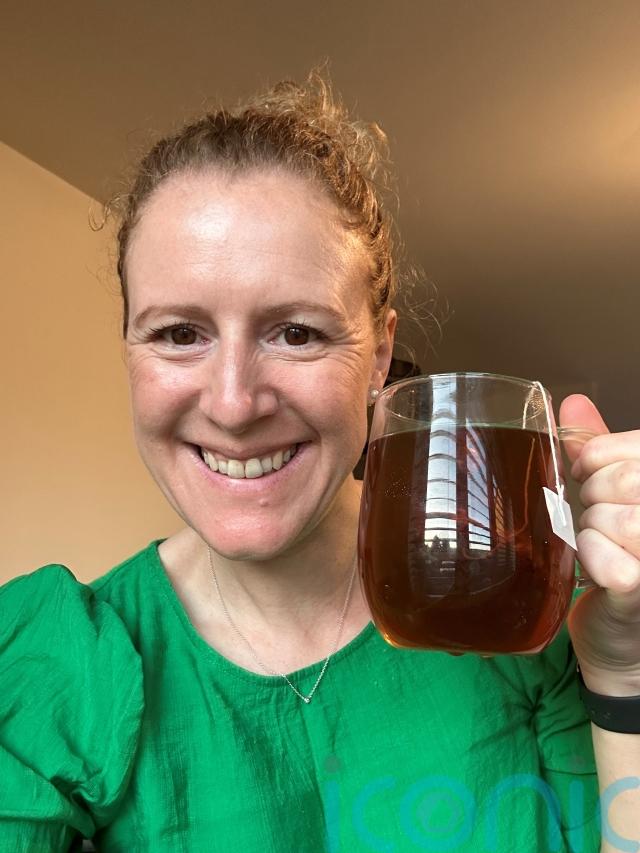
“You want to look at the size of the ingredient – usually, the bigger the chunk of herbs or the bigger the leaf, the better the tea.
“Choose triangle tea bags and that will give you a better movement of the tea.
“Personally, I’m without milk, but if you take milk, I would advise to put the milk in first and boil the kettle, brew it for around three to four minutes.
“I’d put milk in first because I love the tradition – (I was taught) when tea was really expensive and drank by royalty, pouring boiling water into the teacup would often crack the cup, so they started putting a bit of milk at the bottom.”
Since judging, the most fascinating brew she has come across is pu-erh tea, a variety of fermented tea.
She said: “Historically, (I read) that the Tibetan monks used to cross the border in Thailand, they would pack tea leaves on their donkeys.
“And of course, they’d be going for days on end, and the donkeys would almost heat the tea leaves up and it almost ferments the tea – they go for thousands of pounds in auction.”
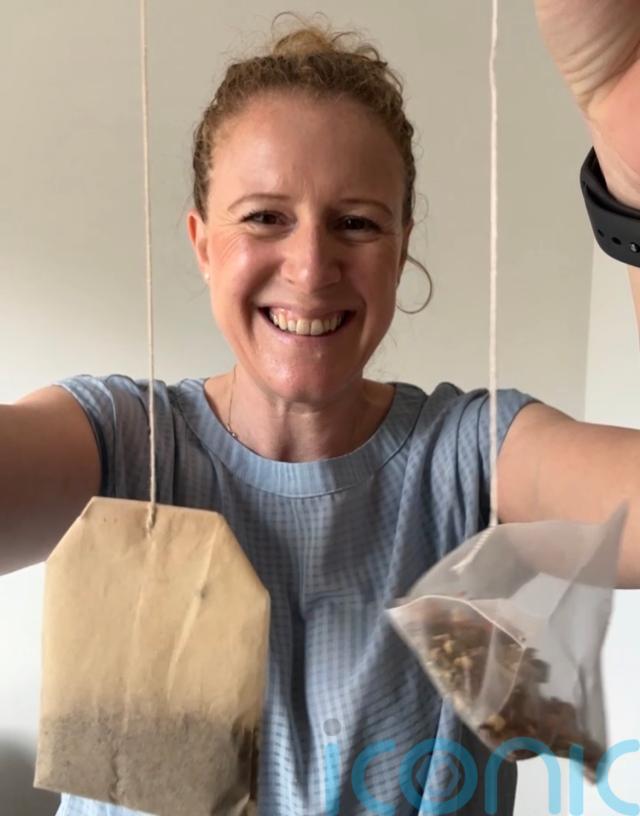
Candice has also noticed a boost in kombucha, a fermented, lightly effervescent, sweetened black tea drink, in the last few years.
She said: “We had one which was apple cider vinegar flavour which was quite unusual.”
Candice went on to specialise in tea blending, and in early 2023, she launched her business, Mother Cuppa, selling her speciality tea blends for “women’s hormone health”.
She has launched three teas – an energise blend which is caffeine free and she claims contains “hormone balancing ingredients”, a hydrate blend which she said can ease hot flushes and period pain, and a relax blend which she claims can ease anxiety.
She said: “So I absolutely love being able help other ladies – it’s been a real privilege.
“I’m finding that it’s ladies in midlife that are coming to me looking for natural ways to support the perimenopause phase of life.”
To find out more about Mother Cuppa, visit: mothercuppatea.com.
Subscribe or register today to discover more from DonegalLive.ie
Buy the e-paper of the Donegal Democrat, Donegal People's Press, Donegal Post and Inish Times here for instant access to Donegal's premier news titles.
Keep up with the latest news from Donegal with our daily newsletter featuring the most important stories of the day delivered to your inbox every evening at 5pm.